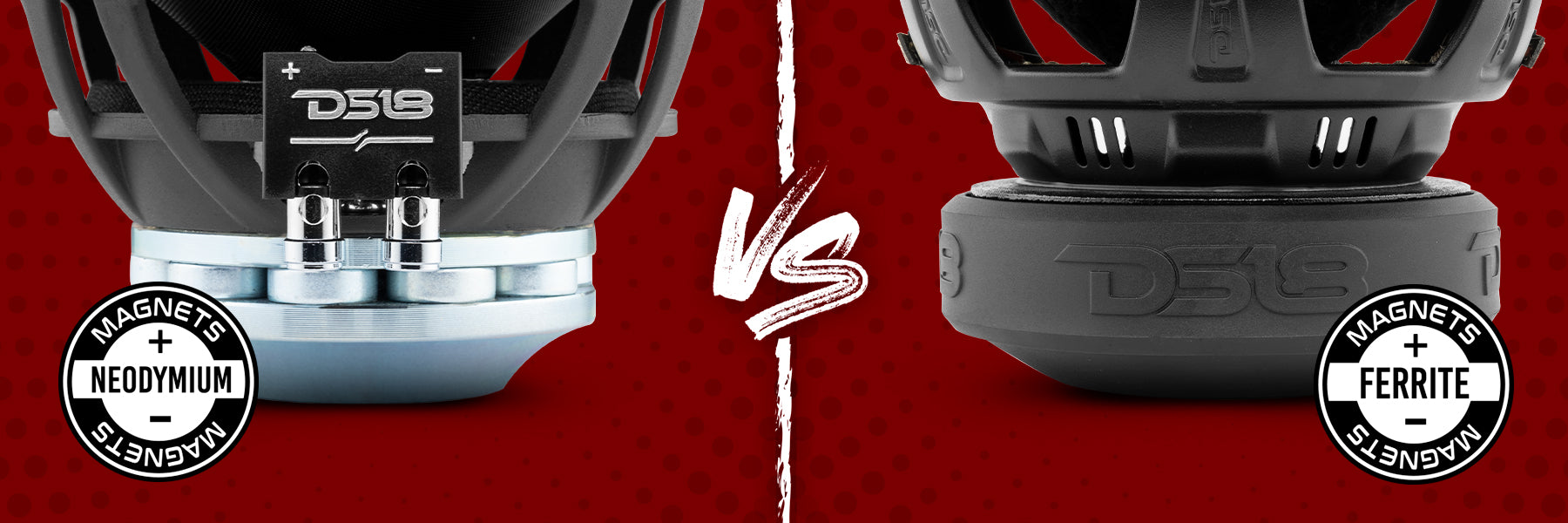Wireless connectivity is becoming the norm, and Bluetooth audio technology has emerged as the best choice for enthusiasts seeking a seamless auditory experience. The widespread adoption of wireless connectivity has propelled Bluetooth audio to unprecedented popularity, offering a cable-free solution for enjoying music, podcasts, and other audio content. But, the big question remains: How does Bluetooth audio quality compare to the trusted wired alternative?
Let’s cut the cords and evaluate the differences so you can make an informed choice based around your preferences and your system’s needs!

Understanding wired audio quality
For decades, wired audio has set the benchmark on delivering a dependable audio experience. The beauty of wired headphones or speakers lies in the direct transmission of the audio signal through a physical connection, minimizing loss or interference. This direct line of communication between the audio source and the device guarantees continuous audio output usually at high levels of fidelity.
The technology behind wired audio accommodates a broader spectrum of audio formats and bitrates, facilitating a more intricate and immersive listening journey.
Enter Bluetooth audio—a wireless alternative that motions us to explore whether it preserves the details of our audio.

Understanding Bluetooth Audio Quality
Bluetooth® is a wireless short-range communications technology standard embedded in millions of everyday audio devices.
A Bluetooth device establishes connections through radio waves, eliminating the need for wires or cables to link with your cell phone, smartphone, or computer. This is done using a microchip in the device containing the Bluetooth radio and software.
So when devices with Bluetooth enabled get in close proximity with each other they have the ability to pair with each other. Some devices even give you the ability to pair with multiple devices at a time.
Evaluating Bluetooth audio quality
When evaluating Bluetooth audio quality, it is essential to consider several factors. The first being which Bluetooth version is being ran. Newer Bluetooth versions, such as Bluetooth 5.0, support higher data transfer rates and improved audio quality compared to older versions. Therefore, opting for devices that support the latest Bluetooth version can significantly enhance the audio experience.
Another crucial factor is the audio codec used in Bluetooth audio transmission. Codecs like aptX, AAC, and LDAC are designed to minimize audio quality loss during compression and transmission. Devices that support these codecs offer improved audio quality compared to those that rely on standard SBC (Subband Coding) codec.
Furthermore, the audio source itself plays a vital role in determining Bluetooth audio quality. High-quality audio files, such as lossless formats or high-bitrate streaming services, can provide a more detailed and accurate audio reproduction over Bluetooth.
The limitations of Bluetooth audio quality
While Bluetooth audio technology has come a long way, it does have some inherent limitations that affect its overall audio quality. One of the primary limitations is the compression used in Bluetooth audio transmission. To ensure efficient wireless transmission, audio signals are compressed before being sent over Bluetooth. This compression can result in a loss of audio quality and detail, especially in complex audio tracks or high-resolution formats.
Also, it's crucial to consider the potential delays introduced by Bluetooth connections. The nature of Bluetooth technology involves encoding, transmitting, and decoding audio signals wirelessly. A process that can take up to half a second even in the latest Bluetooth technology. This delay is generally minimal in ideal conditions: but, enthusiasts may experience a perceptible lag between the moment they produce a sound and when it is reproduced through their Bluetooth-connected audio device. This lag can be more apparent in activities that demand real-time audio synchronization, such as gaming or watching videos.
Additionally, Bluetooth audio quality can be affected by interference from other devices operating on the same frequency band. Wi-Fi routers, microwaves, and even other Bluetooth devices can cause interference, leading to dropouts or signal degradation. These limitations can impact the overall clarity and fidelity of Bluetooth audio.
Factors that affect Bluetooth audio quality
Several factors can influence Bluetooth audio quality, and it's important to be aware of them. The first factor is the distance between the Bluetooth device and the audio source. As the distance increases, the signal strength may weaken, leading to signal drops or audio artifacts. It is advisable to keep the audio source and the Bluetooth device in close proximity to ensure a stable and uninterrupted audio connection.
Another factor to consider is the presence of obstacles between the Bluetooth device and the audio source. Walls, furniture, and other physical barriers can obstruct the Bluetooth signal, resulting in reduced audio quality. It is recommended to have a clear line of sight between the devices to minimize signal interference.
Lastly, the battery level of the Bluetooth device can impact audio quality. When the battery is low, the Bluetooth device may not have enough power to transmit the audio signal effectively, leading to distorted or lower quality audio. Keeping the Bluetooth device adequately charged can help maintain optimal audio quality.
Comparing Bluetooth audio quality to wired audio quality
So the question remains: how does Bluetooth audio quality compare to wired audio quality? While Bluetooth audio technology has made significant advancements, it still falls short of the wired audio experience in terms of overall quality. The compression used in Bluetooth audio transmission, as well as the potential for signal interference, can result in a slight degradation of fidelity compared to wired connections.
Wired audio, on the other hand, offers a more reliable and consistent audio experience. With a direct and uninterrupted connection, wired audio ensures minimal loss or distortion of the audio signal. Audiophiles and professionals who require audio accuracy often prefer wired audio for its unparalleled quality and reliability.
The future of Bluetooth audio technology
As we delve into the future of Bluetooth audio technology, the BR1 emerges as a beacon of innovation, seamlessly integrating advanced features for unparalleled convenience and superior sound quality.
At the forefront of this wireless evolution is Bluetooth® 5.3, ensuring a level of connectivity that goes beyond expectations. The BR1 wirelessly transmits phone calls and music from your device to your car stereo or home stereo system via an aux cable. Embrace hands-free communication with automatic switching to hands-free mode during calls, all while reveling in crystal-clear conversations facilitated by built-in noise cancellation technology.
Get up to 16 hours of uninterrupted use on a single charge, and recharge rapidly in just 1.5 hours. The built-in rechargeable battery extends standby time up to 3 months, guaranteeing readiness whenever you crave a premium audio experience.
These advancements will undoubtedly shape the future of Bluetooth audio technology and further bridge the gap between Bluetooth and wired audio quality.
Conclusion: Choosing between Bluetooth and wired audio
In the battle of clarity between Bluetooth audio and wired audio, both have their strengths and limitations. While wired audio offers unparalleled quality and reliability, Bluetooth audio provides convenience and portability. The choice between the two ultimately depends on your priorities and requirements.
If you prioritize the highest audio fidelity and accuracy, wired audio is the way to go. However, if you value the freedom of wireless connectivity and the convenience of hands-free functionality, Bluetooth audio can be a suitable choice.
Ready to cut the cords in your system? Explore our catalogue of high-quality Bluetooth audio options!









